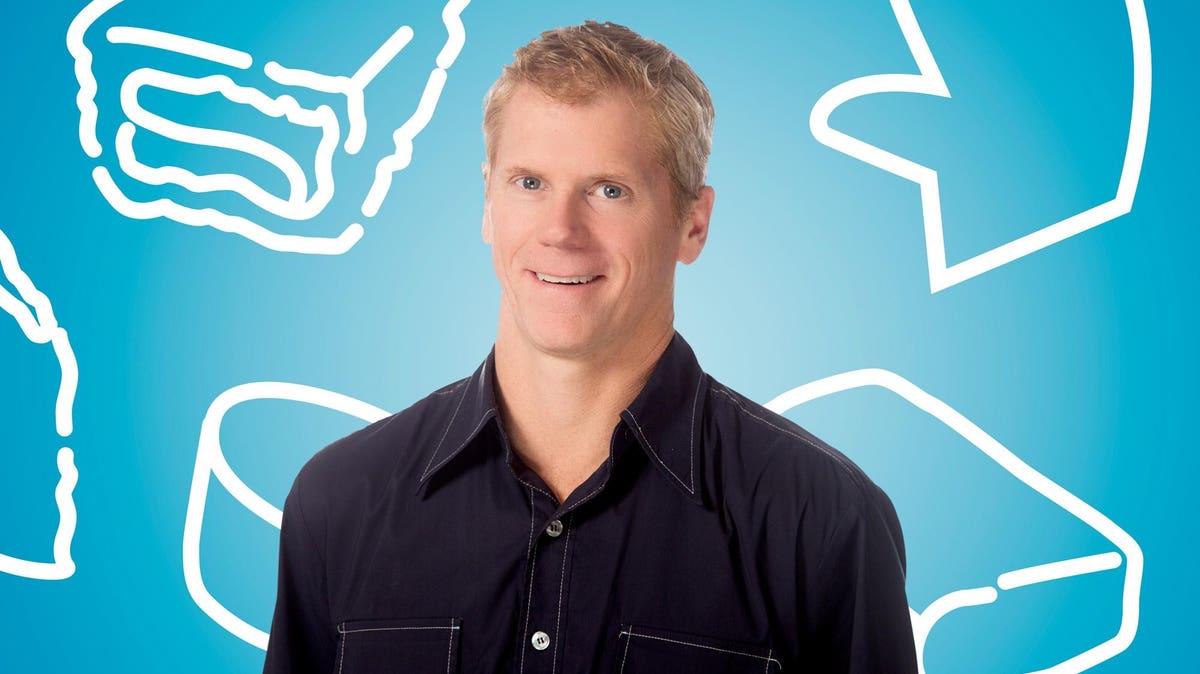When T.J. McIntyre, a well versed executive leading Colorado’s natural products industry for over two decades, was appointed to be the CEO of Bobo’s in 2016, the 13-year-old oat bars producer, which generated just under $10 million in annual sales at the time, has received multiple solicitation calls from potential acquirers.
“There were a number of entities that wanted to buy Bobo’s, and during that period of time, companies in the natural foods space were selling at a much smaller revenue threshold,” McIntyre recalled. But the former general manager of Boulder Brands had a bigger vision in mind: creating a multi-generational, durable company centered around oats.
Originally named Bobo’s Oat Bars, the product was first created together by Boulder local Beryl Stafford and her daughter “Bobo” in their kitchen, and has quickly become a popular item at the region’s Brewing Market Coffee shops.
After a major rebrand in 2016 to appeal to a broader consumer base, Bobo’s has expanded its vegan, gluten-free portfolio across a variety of oat-based products: protein bars, dipp’d bars, bites, and most recently, a self-manufactured line of PB&Js born out of frequent customer requests. Yet, the growing pain for the company is real, and it’s difficult to keep up with the demand even with three production facilities that collectively occupies 125,000 square feet.
“There’s an intimate correlation between internal manufacturing and high quality,” said McIntyre. “I’ve always wanted to create a legacy business like Ben & Jerry’s, and I believe the best food wins in the long term.”
Part of the strategy to create a sustainable food brand is tuning out short-term trends while staying committed to small-batch quality. McIntyre recalled how Bobo’s has ditched the idea of launching keto and paleo products in the past. “We’re delicious first and oats, as an ancient superfood, are nutritious,” said McIntyre. “We also happen to be gluten-free, vegan, and non-GMO, but those are secondary attributes to what we’re doing.”
Increased Capacity & Expansion
In August, Bobo’s moved into a new facility, and subsequently partnered with a Loveland, Colorado-based bakery and warehouse to increase capacity, which will support’s the company’s target of $100 million annual revenue, according to McIntyre. “Right now, we have over 250 employees, and there will be over 300 by Q4,” he said. “We’ll grow 70% this year [ in terms of sales], and over the next two years, we can reliably grow 50% annually.”
Despite selling across most major U.S. retailers, including Whole Foods, Costco, and Walmart
WMT
Acquisition talks are still on the table, and Bobo’s is mulling a strategic sale likely within the next three years by one of the largest food companies. “We can’t name which strategics are calling, and that conversation will require us to hire an investment banker,” McIntyre said. “We don’t need any more innovations; we just need to continue making our core products, and step up our capacity that’s necessary for a buyer to have faith in a pro forma scenario.”
At the end of the day, McIntyre added: “We don’t just ‘want’ to create a product you grew up with and you’re consuming today; we’re already 20 years old, and that’s what we’re creating still.”
Read the full article here





